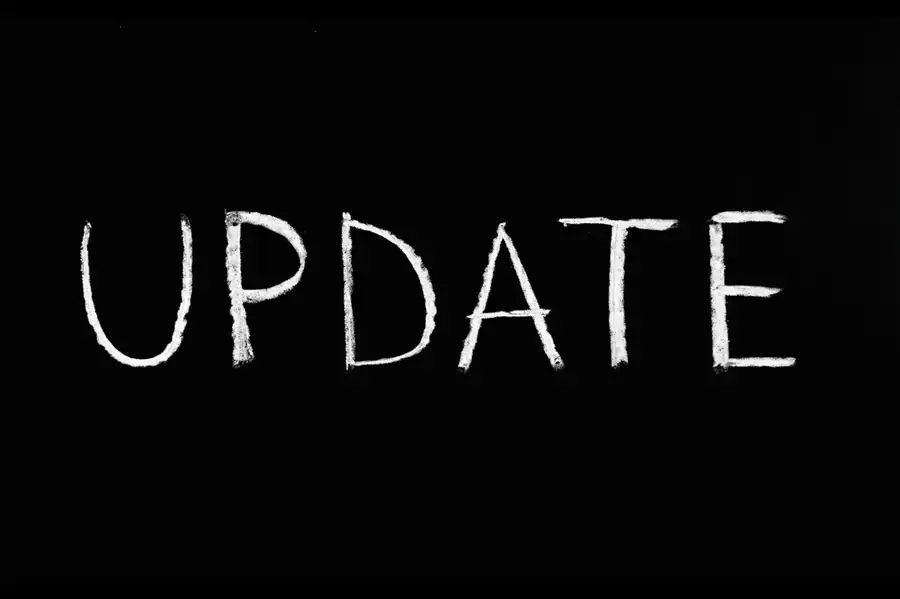Attention claims managers, insurance adjusters, and risk managers: The Centers for Medicare and Medicaid Services (CMS) has released the WCMSA Reference Guide v4.1, effective August 1, 2024. This latest version of the WCMSA Reference Guide brings significant changes that directly impact our day-to-day operations and long-term claim strategies. Let’s break down what you need to know about v4.1 and how it affects your work.
WCMSA Reference Guide v4.1: Key Updates for Claims Professionals
by
Sheryl Thompson
Senior Medicare Compliance Specialist
Key Updates in WCMSA Reference Guide v4.1
The WCMSA Reference Guide v4.1 provides crucial details about CMS’s communication processes and expectations regarding MSA fund management. Here’s what you need to focus on in this new version:
1. Enhanced Communication with Medicare Advantage and Part D Plans
What’s New in WCMSA Reference Guide v4.1: CMS will now notify Medicare Advantage (Part C) and Prescription Drug (Part D) plan sponsors when an MSA is approved.
What This Means for You:
- Expect increased scrutiny from Part C and D plans on claims involving approved MSAs.
- Be prepared for more inquiries from these plans about MSA details.
Action Items:
- Ensure your MSA administration process aligns with the WCMSA Reference Guide v4.1 guidelines.
- Develop a streamlined process for sharing MSA information with plan sponsors upon request.
2. Clarification on Responsibility for Conditional Payment Reimbursement
What’s New in WCMSA Reference Guide v4.1: The settlement details should specify who’s responsible for reimbursing Medicare (Parts A, B, C, and D) for conditional payments.
What This Means for You:
- If your settlement doesn’t specify funds for past debts, you (as the workers’ comp insurer) may be responsible for debts up to the settlement date.
Action Items:
- Review your settlement agreement templates in light of the WCMSA Reference Guide v4.1 updates.
- Clearly specify responsibility for conditional payment reimbursement in all settlements.
- Consider setting aside funds for potential conditional payment reimbursement in your reserves.
3. Stricter Oversight on MSA Fund Utilization
What’s New in WCMSA Reference Guide v4.1: CMS warns that they may seek recovery of inappropriate payments from any party that received such payments on behalf of the beneficiary.
What This Means for You:
- Increased liability risk if MSA funds are misused or if Medicare pays for work-related treatments that should have been covered by the MSA.
Action Items:
- Implement or enhance your post-settlement monitoring processes to align with WCMSA Reference Guide v4.1 expectations.
- Consider partnering with professional MSA administration services to ensure proper fund utilization.
- Educate claimants about the importance of proper MSA fund usage as outlined in the WCMSA Reference Guide v4.1.
4. New Requirements for MSA Administrators
What’s New in WCMSA Reference Guide v4.1: MSA administrators must provide details about treatments and medications related to the work injury to plan sponsors.
What This Means for You:
- More detailed record-keeping and reporting requirements for MSA funds.
- Potential for increased administrative costs in MSA management.
Action Items:
- Review and update your MSA administration processes to comply with WCMSA Reference Guide v4.1.
- Ensure your MSA administrators are aware of these new reporting requirements in the WCMSA Reference Guide v4.1.
- Consider the potential impact on MSA allocation amounts, as more detailed reporting might lead to more accurate (and potentially higher) allocations.
Implications of WCMSA Reference Guide v4.1 for Your Daily Operations
- Reserve Setting: You may need to adjust your reserve-setting practices to account for potential conditional payment reimbursements and more comprehensive MSA allocations as outlined in the v4.1.
- Settlement Negotiations: The updates in v4.1 of the guide may impact your settlement strategies, particularly in how you allocate funds for future medical expenses versus past conditional payments.
- Vendor Management: If you work with external MSA vendors, schedule a meeting to ensure they’re aware of the changes in WCMSA Reference Guide v4.1 and can comply with the new reporting requirements.
- Claimant Education: Develop or update materials to educate claimants about the importance of proper MSA fund usage and the potential consequences of misuse, as emphasized in guide v4.1.
- Internal Training: Consider conducting a training session for your team to ensure everyone understands the updates in the latest guide and their implications on claim handling.
Conclusion
These updates in the latest guide underscore CMS’s commitment to ensuring that Medicare remains the secondary payer in workers’ compensation cases. As claims professionals, we need to be proactive in adapting our processes to meet these new expectations set forth in the WCMSA Reference Guide v4.1.
Remember, proper management of Medicare Set-Asides isn’t just about compliance with the guide—it’s about protecting your organization from potential future liabilities and ensuring that injured workers receive appropriate care without inappropriately burdening the Medicare system.
Stay vigilant, keep your processes updated in line with the WCMSA Reference Guide v4.1, and don’t hesitate to seek expert advice when navigating complex MSA cases. Your attention to these details today can save your organization significant headaches and costs down the road.



